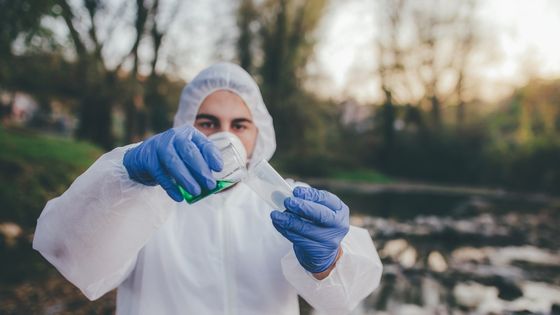No matter where you live, you need to be aware of the risks posed by tainted water. Toxic floodwater is contaminated with dangerous substances that can pose a threat to your health if you are exposed to it. The good news is that there are precautions that you can take to avoid long-term problems.
Be Careful With the Water
Avoid any water that could potentially be contaminated, including water from lakes, rivers, and streams. If you have access to clean water, such as from a well, you can use that water for drinking, cooking, and cleaning. If you have access to bottled water, you can use that instead. Also, if you have access to a water filtration device, you might be able to filter contaminated water to make it safe to drink. Just make sure that your device has the features needed to do this.
Decontaminate Yourself
If you are exposed to toxic water, you will want to decontaminate yourself as quickly as possible. Start by removing your clothing and thoroughly washing your skin to remove any contaminants that might be on you. You can use a dry decontamination product to remove contaminants from your skin if you don’t have access to a clean water source. Also, if you can’t use a washing machine, put your clothes in a plastic bag and throw them out once you are safe and sound in a decontamination facility.
Get Medical Help
You should get medical help as soon as possible if you come in contact with toxic water. Your healthcare provider will likely conduct a medical examination and recommend treatment based on your specific symptoms. Some healthcare providers can also test water samples for toxic substances and provide information about what substances are present and what the potential health risks are. Depending on the extent of your exposure to contaminated water and the specific contaminants that you came into contact with, your provider may recommend antibiotics, vaccinations, or additional treatment.
Get Compensation
If you have suffered ill health as a result of exposure to toxic water, you may be able to receive compensation through an insurance claim or a lawsuit. You may be able to sue your employer if you were working onsite during the time of the contamination. If you were simply living in an area where toxic water was present, you may be able to make a claim through your homeowner’s or renter’s insurance. There are also laws in the United States that apply to specific incidences. For example, the Camp Lejeune Justice Act may help you if you were exposed to toxic water at the Marine Corps base and became ill. There are plenty of online resources that can give you more information about Camp Lejeune and its past water contamination issues.
The best way to deal with water contamination is to be prepared. Most importantly, you should try avoiding exposure to toxic water in the first place. However, if you do find yourself in a situation where you are exposed, it’s important that you get the help you need right away.




















